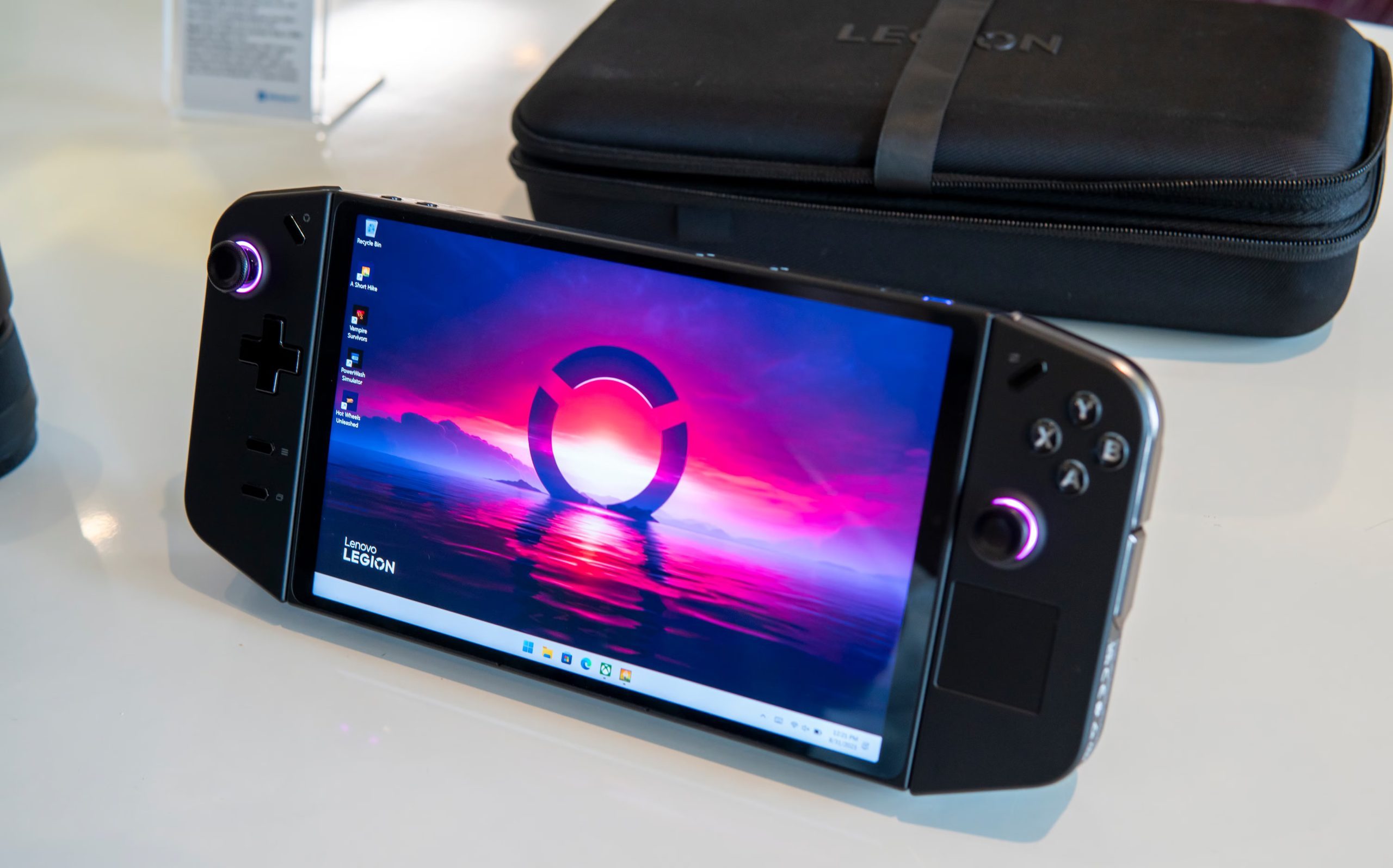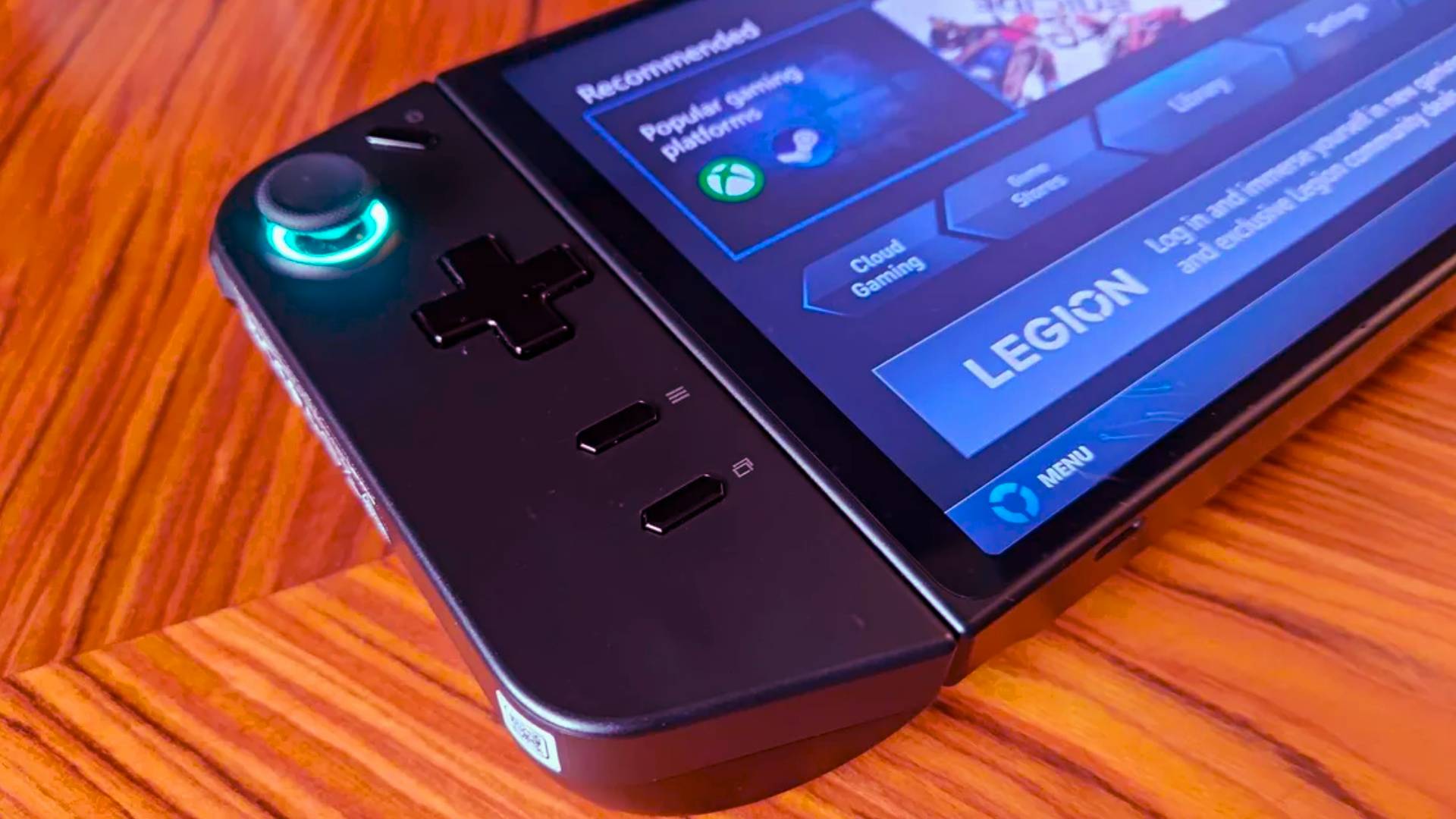The Lenovo Legion Go, despite not making a significant impact in the gaming handheld market, stands out as a noteworthy attempt by a major brand to innovate within this space. This Steam Deck-style device aims to capture the interest of gamers seeking portable gaming options.
However, the initial model’s lukewarm reception indicates that there’s still room for improvement and adaptation. Lenovo appears to recognize this potential for growth and is moving forward with new iterations of the Legion Go.
Recent reports have surfaced indicating that Lenovo is developing at least three new versions of the Legion Go, as documented by the Eurasian Economic Commission (EEC). This regulatory body, which oversees imports in Russia and several other regions, published documentation for three model numbers: 8ARP1, 8AHP2, and 8ASP2.
These new designations suggest significant updates and changes compared to the original model, which was identified as 8APU1. The introduction of these new models demonstrates Lenovo’s commitment to refining and enhancing its gaming handheld offerings.
Speculation surrounding these new models includes the possibility of a “lite” version of the Legion Go. This version may aim to reduce the size of the original 8-inch device, appealing to users who prefer a more compact gaming handheld.

Lenovo Expands Legion Go Lineup with Three New Models Amidst Handheld Gaming Market Challenges
NotebookCheck suggests that the model numbers may hint at the incorporation of advanced AMD processors, specifically the Strix Point and Hawk Point processors. This could indicate that the new models will utilize the latest AMD technology, including APUs from the Ryzen AI 200 and 300 series, potentially branded as “Z Extreme.”
The submission of multiple models for international certification signifies that Lenovo is progressing quickly from the design stage to production. This shift is promising for enthusiasts of handheld gaming, as it indicates that Lenovo is serious about expanding its product lineup and refining its approach.
The development of these new versions suggests that the company is keen to address the shortcomings of its initial release while catering to diverse gamer preferences.
Despite earlier concerns about the viability of Windows-based competition to the Steam Deck, the market appears to be thriving with renewed activity. Competitors such as Asus, MSI, and Acer are also launching new gaming handhelds, suggesting a robust interest in this segment.
Additionally, Microsoft is working to optimize Windows 11 for low-power devices, further bolstering the prospects of these gaming handhelds. With these developments, it seems that the competition in the handheld gaming market will remain vigorous and diverse for the foreseeable future.









































